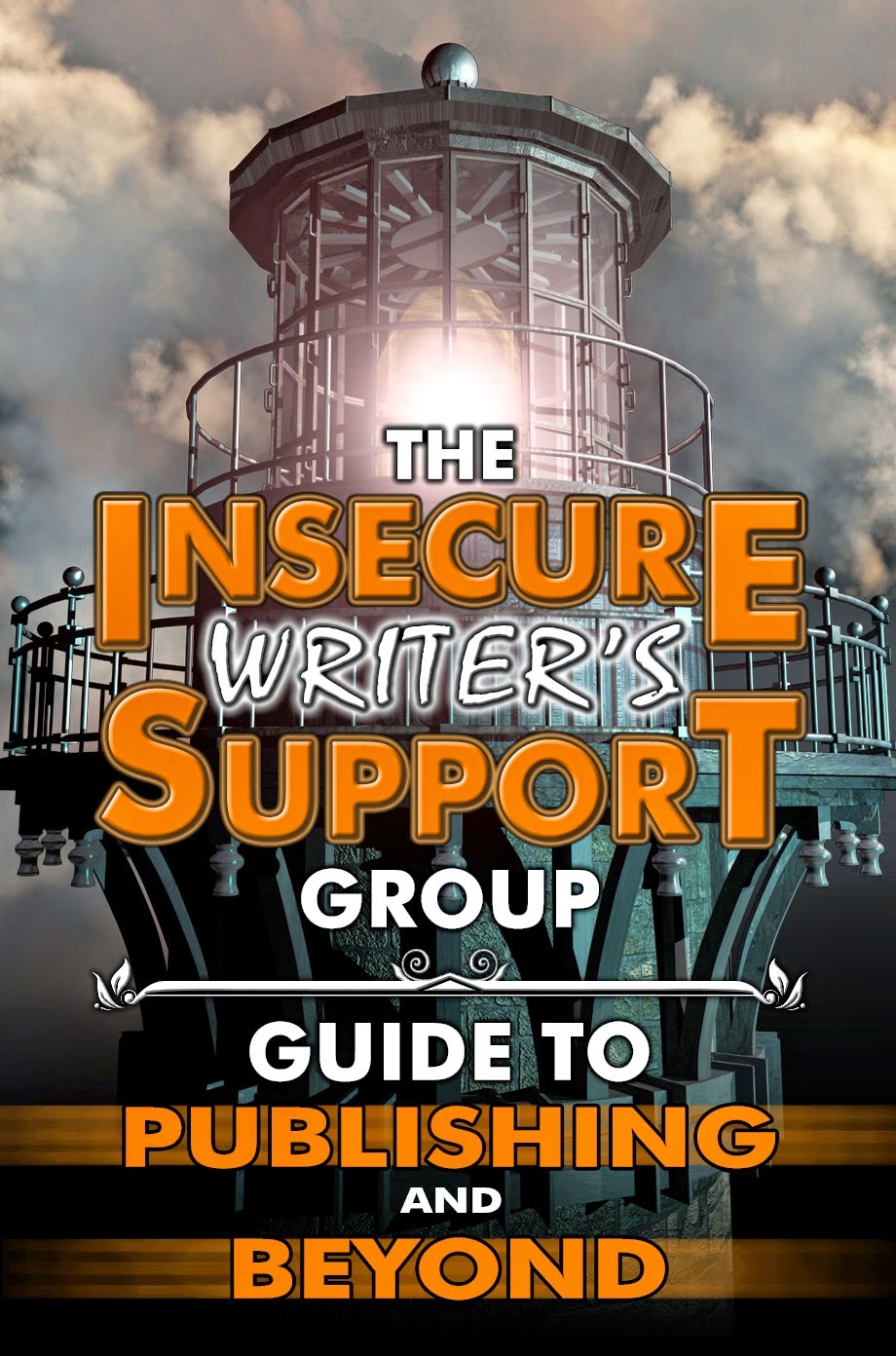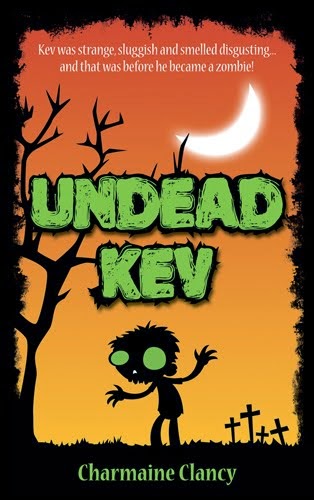The main character
in a story will tend to have something about them that marks them out. They
need to be distinct from everyone else just as a matter of
practicality. It might be a special skill or ability—they’re the best at what they
do—but it could also be a behavioural or psychological thing. A character who’s
good-hearted or brave or willing to sacrifice or whatever.
While their job or
social standing will give the reader a rough idea of the kind of person the
story will be about, it’s this unique quality, this thing that marks them out,
that gives them their true status. It is also what makes them
appealing to read about.
However, while you
as the writer may have a very clear idea of what’s so great about the
character, the reader doesn’t. And letting them in on it halfway through the
book is not going to do you any favours. You have to win them
over in the first few pages. So how do you do that?









































































































